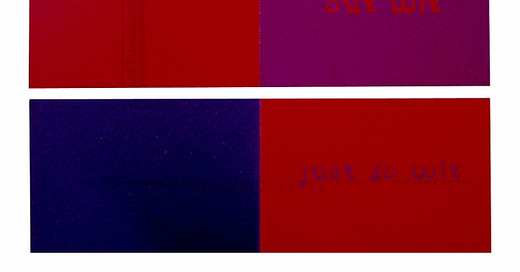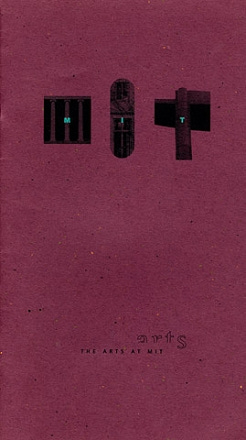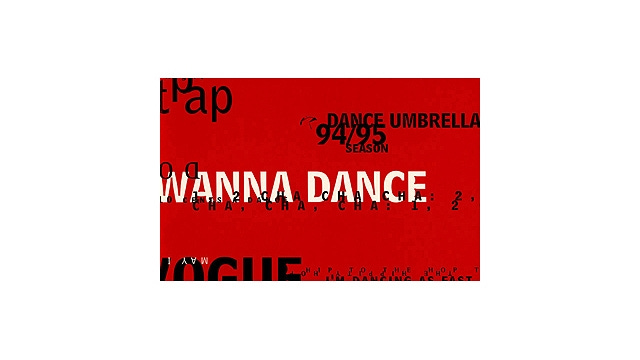At 8 a. m., I was to take my make up chemistry exam. I walked through the hallway of Nucleus East, and passed a girl on crutches, ambling along. I went through the doors to the courtyard, into Nucleus West, couldn’t find the classroom, and went back to East. There, the girl with crutches sat, I later witnessed, my eyes trailing around the classroom. The test went okay, I think.
**
Later, C and I had an interview with a Professor H for our podcast fellowship. He gave two talks at Pomona a few weeks ago, and this is how C connected with him. He is remarkable for several reasons I will outline briefly below:
He makes you feel smart. People who are highly intelligent also have the capacity to make other’s feel confident in their own capabilities. This is a beautiful thing.
He is incredibly eloquent. His ability to speak extemporaneously was remarkable. He said that some of the questions we asked him had never been asked of him before, and yet, this could go entirely undetected. He formulated each sentence with ease, the words flowing from his lips, coherent notions forming. This is another beautiful thing I had the joy of witnessing.
He is brilliant. He is erudite on a level that feels valuable. Many a time, I encounter a professor with a PhD in an obscure field who is certainly an expert but certainly irrelevant. H connected his interests to the entire cosmos. It was incredible to witness.
He was my kind of person. I’ve spent the greater portion of this year seeking out people like him. And what’s remarkable, I’ve found, is that they make themselves known. The people that grapple, quotidianally with existential questions related to truth, goodness, imagination, divinity, are people that talk about with much frequency. This is an attribute I saw, and C saw (long ago), in him immediately. C told me I would like him. I now know exactly why. This is the final beautiful thing about him.
He said some amazing things, a lot I can’t regurgitate. I do remember one thing:
I was a big musician growing up, he said. I think of conversations in terms of music. The cadence, the rhythm. I try to be engaging in this way—in lectures, presentations…—but also converse with others this way.
Interesting.
I really love that I could immediately tell that he was one of those people I so admire. I loved that we became tangential in our conversation and ended up asking him some questions about his own experience with the notion of anthropomorphization of humans in old photographs. He continually brought up the toddler in the photograph—how he wanted to know all the memories of this child. How this child would probably not have a memory associated with the being in this photograph—shopping for cabbage outdoors. He was probably 80 years old now. Everyone else in the photo has passed away, it is a 1949 photograph after all.
When did this start for you? When did you start feeling this sense of personal minutiae when you looked at photos like this? When did you start feeling this sense of awe at all the lives lived that you have no idea about?
I am looking for my grandparents, he said. They all passed away when I was in college and I never really knew them wholly. I had fragments of their lives. It was entirely incomplete, insufficient. I look for them in every photo I encounter. I want to know their story.
**
I had lunch with C and Z. Who pulls a lot. I suppose, actually, they both do.
Jolly.
**
In badminton, I sat on my computer writing my application for a research lab on campus. When I walked into the gym, to swipe my card, I was surprised to see that the guy that is usually there on Tuesdays and Thursdays was not there. Someone had replaced him. He was in the midst of a conversation with his coworker and didn’t look up. The other guy always looks up to smile. I enjoyed this routine for it’s instances were never singular. And it was always kind.
**
I think about you everyday. Sometimes, I go days, though, without really thinking about you—without longing, or missing, or desiring. Sometimes, for days and days, I feel no desire or need to speak with you. The current arrangement seems to be just fine. But then I remember that I really do adore speaking with you; that I can; that I am able to. So, why not? I could live without you, forget you, remove you from my thoughts, but I don’t want to, I don’t need to, I feel no reason to, because I do like you.
I like thinking in this manner. It alleviates a lot of the suffering stemming from a continual rumination on the notion of two people sharing a life. I have to remind myself that the prospect is thrilling if and only if you adore the person with an unkempt fervor. And this is rare but nevertheless findable.
I suppose a large component of my thoughts about this also come from an area of lack of knowledge. Lack of knowledge about how you think; how you feel; what you want; what you don’t. It’s quite difficult, to be frank—but not anyone’s fault in particular. I think I want you to like me quite a bit. A lot a bit. And tell me sometimes. I want to be so sure and so confident in that. But that will probably never occur.
I also ought to describe the current dogma on dating. I propose the following: to date is to have fun, think, speak, do together. Just for the sake of reveling in their company. If it not work out, that is okay. Sad but okay. If you meet someone new, better. Fine too. I would never want to lose you, though. I would always want to be your friend.
Sometimes, I look for metaphors in everything. Unnecessarily and oddly so. For instance, the green and yellow bracelet I made and started wearing broke a few weeks ago. All the beads scattering across my desk. I leave them sat in a pile, never has the effort been made to tidy up. It would be such a rapid enterprise, but I cannot do it. I made the bracelet for you.
I realized I had been thinking about the bracelet symbolically: the piece has been shattered, cannot be whole anew, and still it lay on my desk, undiscarded. Perhaps I am making a most feeble attempt to keep those ashes alive—of a lost love. I do not know. But probably is the case.





